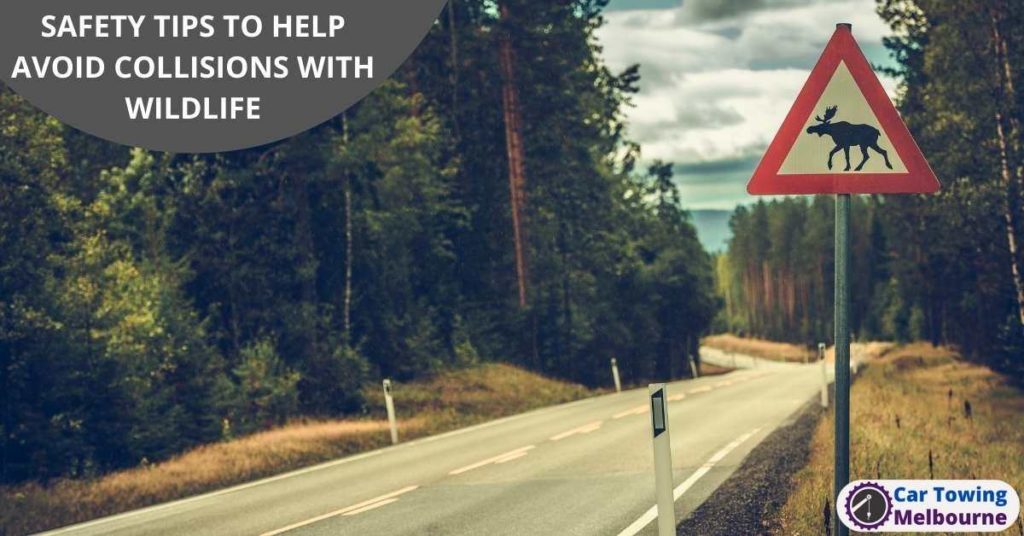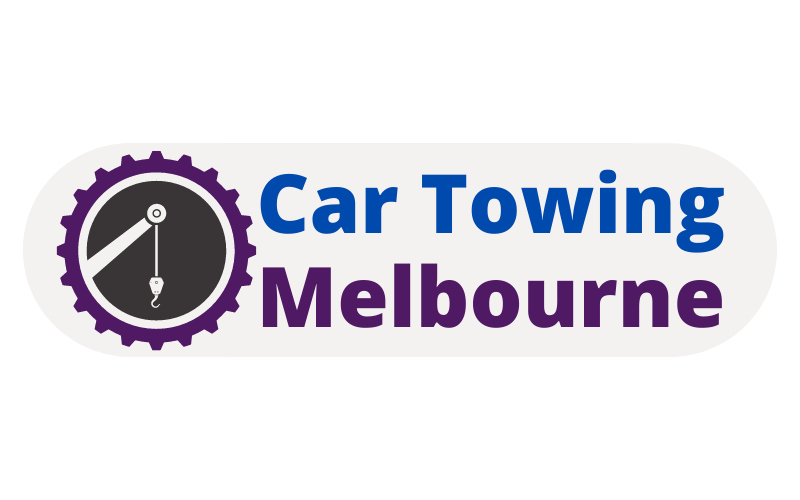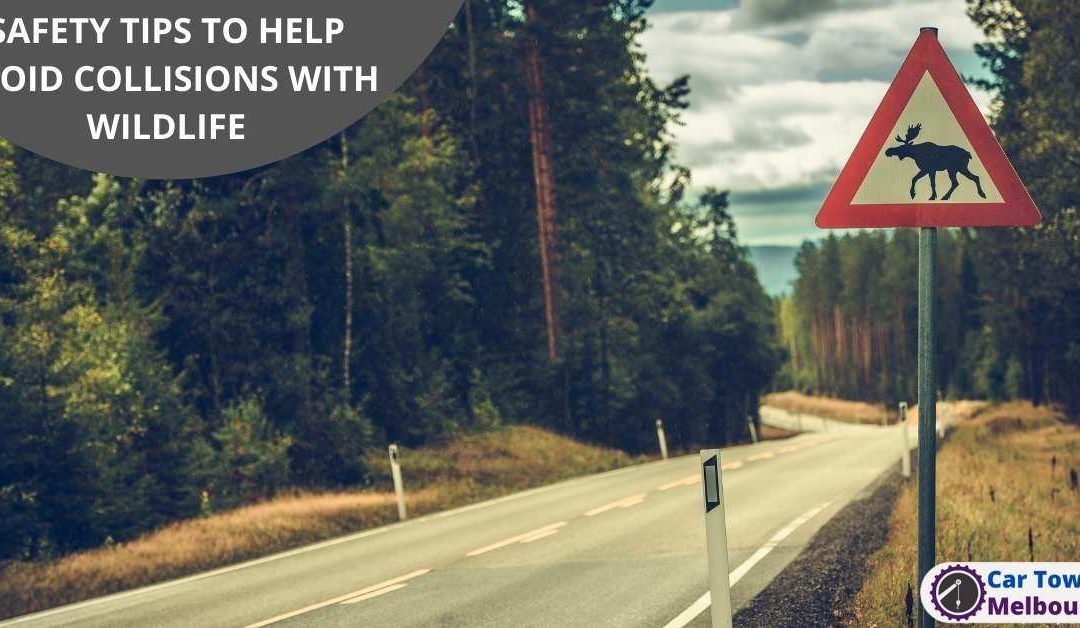It’s very common to come across wildlife while driving close to the woods, mountains, or the countryside, and it can be dangerous and scary to encounter wildlife out of nowhere while driving on the road. Animals in the woods often find their way out onto the highways and residential streets, and this places them in the path of moving vehicles. Even though animals are more active at certain times of the year, they can be a hazard to roadways year-round. While driving you may come across all kinds of animals including deers, horses, cows, and even bears.
Though these events are not very common you should still remain alert as these situations can occur in split seconds and cause an accident. Collisions with wildlife animals can cause serious damage to your vehicle but more importantly to the animal’s life, yourself, and your passengers. So, in case of a collision with wildlife, immediately call a towing company for assistance. In this blog post, we outline some tips that will help you to stay alert and calm and help you to avoid collisions with wildlife on the road.
Reduce Your Speed
You should be very careful and alert while driving along in wooded areas, the countryside, or the mountains as there are higher chances of wildlife being on the road or in close proximity to these areas. The best way to avoid a collision with wildlife is by reducing your speed in these areas. You should observe your speed limit closely and drive really slow in such areas. When you drive slowly you have more time to hit the brakes if an animal crosses your path. Also, pay close attention to any wildlife crossing signs. They’re posted in areas known for being active for wildlife encounters.
Be Alert
The most common mistake that leads to collisions with wildlife is that people depend on hood whistles and other devices to scare away the animals. But the most effective way to avoid accidents with an animal is by being alert and keeping your eyes on the road. Keep your eyes on the road while driving in areas that are known to have animals on the road. When driving with a passenger, ask him/her to also watch for any animals on the road, as four eyes are better than two.
Be Mindful Of Peak Times And Areas
Animals are the most active during the dusk and dawn hours, so if you are driving during these hours you need to be on high alert. Animals like deer are the most active between the hours of 6 and 9 pm, this is also the time when most drivers find it difficult to see. Drivers are usually less alert and more sleepy while driving during this time. So be mindful and alert when driving at peak times.
Use High-Beam Lights
Turning your high-beams on in your car will allow you to see more of the road. So while driving on the road at night use your high-beams. This will help you see any wildlife on the road and help you avoid collisions with it. But while using your high-beam lights just be a little courteous and make sure to turn them off when an oncoming vehicle is traveling within 500 feet of you.

Use Your Horn
If you come across an animal on the road while driving, the best way to encourage the animal to leave the road is by honking your horn and flashing your lights. But there are many animals who get stunned by the bright lights of cars and will freeze on the road. So it is better to use your horn to scare them out of the way. This will also help the other drivers following you to slow down or stop.
About Car Towing Melbourne
Car Towing Melbourne operates a versatile fleet with over 40 vehicles, ranging from 1-ton wreckers, flatbeds, trailers, and heavy-duty wreckers. Car Towing Melbourne guarantees that your job site, warehouse, or manufacturing facility receives the equipment it needs as per your schedule. Car Towing Melbourne offers a complete set of roadside assistance and towing services. Whatever the issue with your car, you can contact us. We have the best towing experts in Melbourne to take care of your loved car. To get in touch with us, click here.
Now Car Towing Melbourne is available in Reservoir Victoria 3073, Australia.
Car Towing Melbourne
(03) 7037 7625

